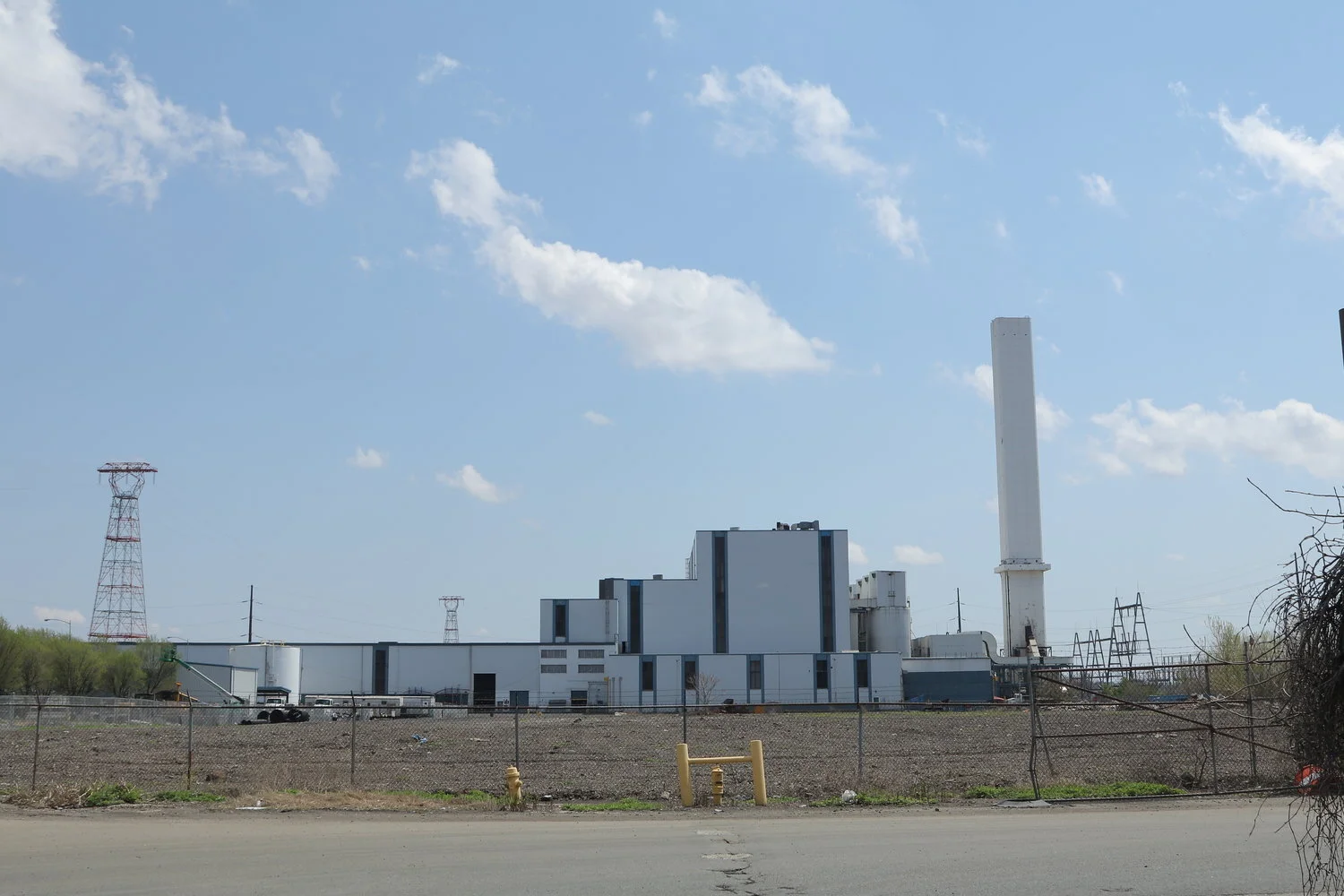All in To The Editor
Flashing-light crosswalks unsafe
I have railed about this before to no avail. Crossing the street at the crosswalks with flashing lights at the intersections of Harvard and Chester roads, and elsewhere in Swarthmore, is akin to a suicide mission. Where in this universe does a flashing yellow light connote “stop” and not merely “slow down”?
Lifer James Taylor deserves clemency
A criminal justice webinar on June 16 will address the economic impact of incarceration and of having a criminal record on prisoners, parolees, and their families. The panel will include Maurice Q. Jones, general manager of People Advancing Reintegration (PAR).
Priority: Delco Thrive
My family has recently enjoyed delicious take-out meals from two restaurants we had never heard of before, thanks to Transition Town Media’s new program, Priority: Delco Thrive. The brainchild of Ulysses Slaughter, Priority: Delco Thrive chooses one Delaware County food establishment per month for customers to “blitz.”
Important ballot questions on May 18 ballot
The Pennsylvania primary election on May 18 is extremely important. Two proposed constitutional amendments on the ballot address the ability of the state legislature to override a governor’s declaration of an emergency.
Bowling Alone author offers hope at Rotary
Many of us believe that economic inequality, political polarization, and social isolation are worse now than they have ever been. On April 29, Robert D. Putnam, the acclaimed author of Bowling Alone: The Collapse and Revival of American Community, told the Swarthmore Rotary Club that our country has faced similar problems before — specifically, 120 years ago at the end of the 19th century.
We don’t want your trash in Chester
Covanta is indeed “well within breathing distance of many people, including – on a calm day – Swarthmore residents.” But by far the worst pollution fallout is right here in Chester, as Covanta burns other people’s trash.
Facts about trash and how to make less of it
A 2019 study by the New School concluded that so-called “waste-to-energy” plants emit mercury, lead, particulate matter, sulfur dioxide, nitrous oxide, and carbon monoxide. Research indicates that Chester’s residents suffer from heart disease, asthma, and other chronic illnesses at levels far higher than the national average.
What comes next?
Last week, the jury in the trial of Derek Chauvin found the former police officer guilty on all counts for the murder of George Floyd. While we experience some momentary relief that our judicial system held Mr. Chauvin accountable for his actions, we also feel sadness at the needless loss of George Floyd’s life. Mr. Floyd has become one more symbol of the need for dismantling the structures of racism that thrive in our nation. We hope that this decision will compel us to confront what comes next: the systemic reimagining of service and protection, and the true valuing of life, in all of our communities.
Change means dealing with our own trash
I am troubled by an attitude I see too often: that somehow, because there is already some pollution in Chester, it can have even more! What is a little more pollution, after all? In response, I would ask: Where does YOUR trash go, and what will you do to help decrease the pollution it causes?
National Healthcare Decisions Day is April 16
I am writing to bring National Healthcare Decisions Day — April 16 — to the attention of our community. This special day is a part of a movement “to inspire, educate, and empower the public and healthcare providers about the importance of advance care planning.”
Seniors’ wellness fair to focus on physical and mental health
Last fall, our “Senior Wellness Fair Reimagined” was a shortened, virtual version of the Swarthmore Senior Citizens Association’s annual Wellness Fair. I’m writing now to let local seniors know that they’ll want to “zoom in” on Saturday, April 10, for our next wellness program.
President Joe Biden: caretaker or crusader?
Would it not be supremely ironic if President Joe Biden, in his 78th year of life, and after 50 years in government, turned out to be not presiding over a caretaker presidency — not just being a bridge from the past to a new, much more progressive, future — but instead ushering in a new governmental paradigm and becoming a crusader for progressive values and governance?
Zoning conversation worth having
Living on Cornell Avenue in the 1960s, my brothers and I were often sent to the butcher for a package. And we played in the creek that runs behind the Historically Black Neighborhood of Swarthmore. In short, those streets are in my bones. I am white. And back in the day, Jews and Blacks weren’t allowed to live “just anywhere” in Swarthmore. Inclusivity and diversity came later. So your questions about what Swarthmore should be are thought-provoking.
Correction: Where the Covanta plant is
In my letter to the editor (April 2), titled “What’s wrong with Swarthmore’s Zero Waste resolution,” I inaccurately located the Covanta plant in the wrong place: on the north side of Interstate Route 95, which is far from its actual location on Highland Avenue.
Control mosquitoes without spraying
As we head into spring, some people’s thoughts turn to love, some turn to renewal, some turn to lightweight clothes, and some turn to mosquito control. I’d like to urge those of you concerned about mosquitoes to turn to less toxic alternatives to get rid of them.
What’s wrong with Swarthmore’s Zero Waste Resolution
I think the passage of Swarthmore’s Zero Waste Resolution was ill advised. I also think that the Swarthmorean’s article reporting on this resolution (March 19) was not effective journalism.
















